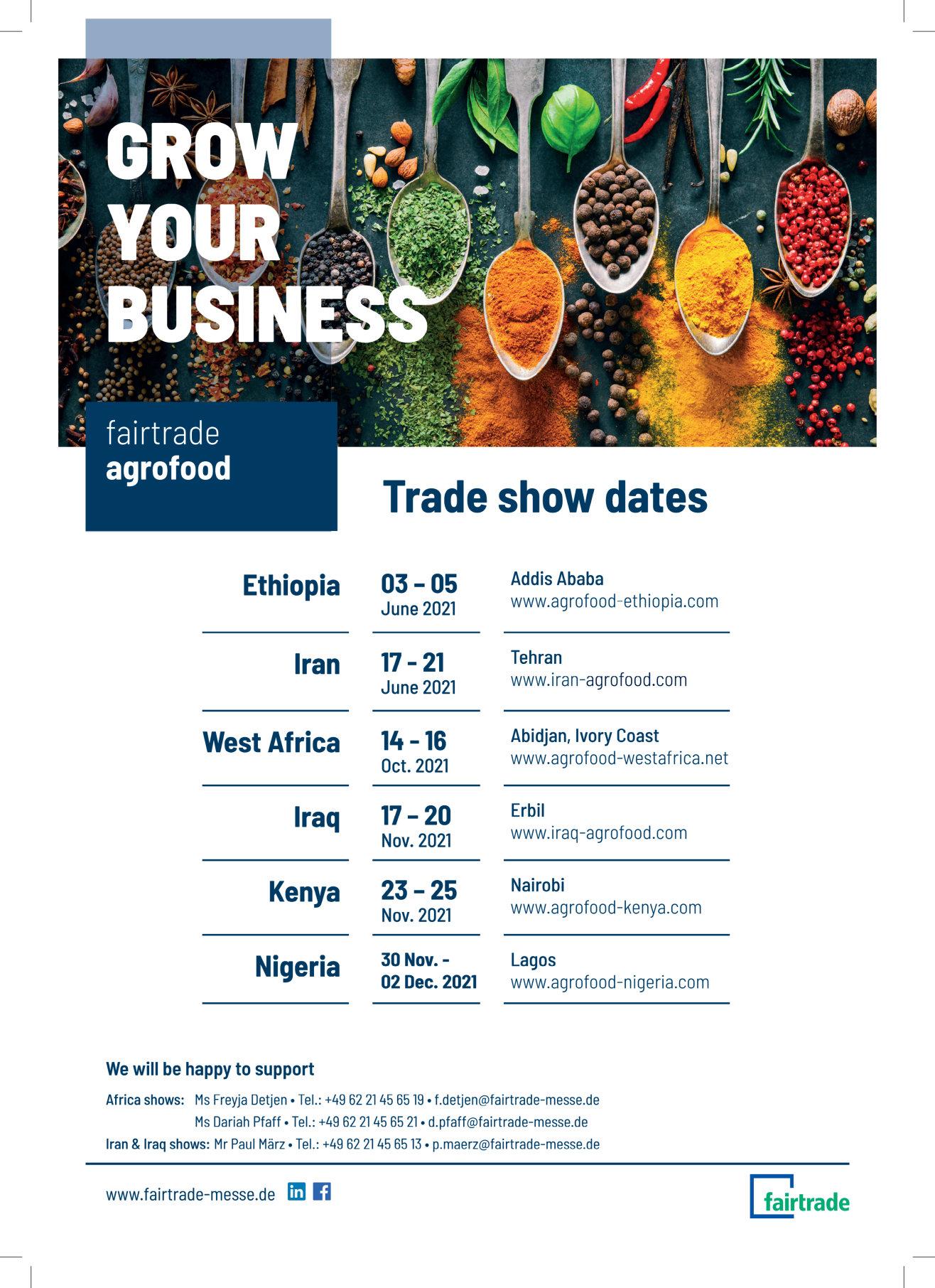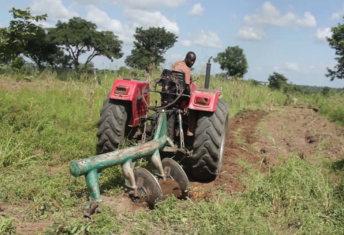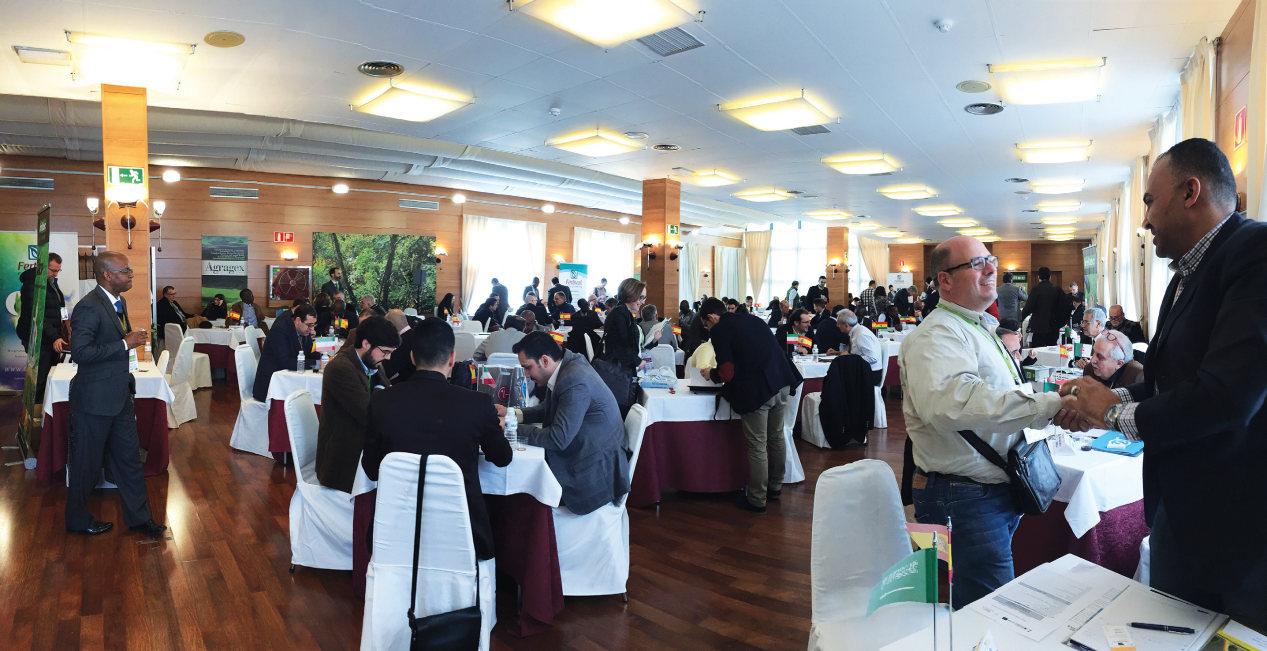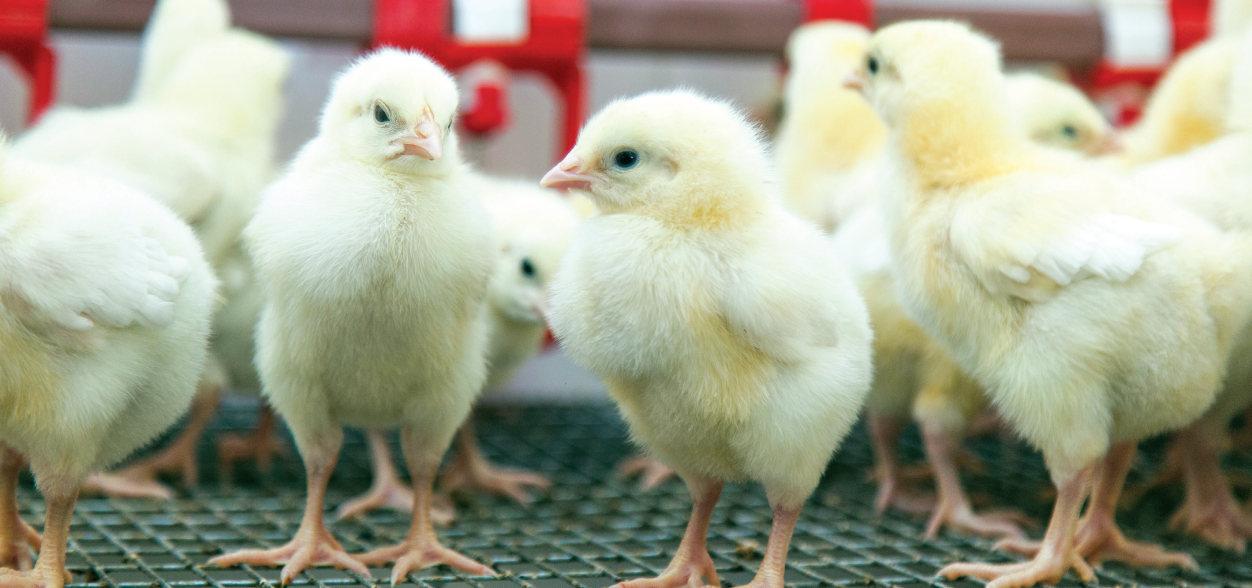
6 minute read
Livestock
Healthier animals mean more food, production revenue and a booming agricultural industry for the entire continent. Nawa Mutumweno reports on the initiatives across Africa to improve livestock production.
Holistic solutions for livestock health
IN AFRICA, HERDS often face extreme weather conditions, zoonotic diseases, and malnourishment, making it difficult to ensure sustainable livestock production.
Interventions
The United States Agency for International Development (USAID) Africa Bureau is strengthening the capacity of African animal health disease surveillance systems to enhance early detection and reporting of infectious animal disease by: ● Providing veterinary professionals a toolkit of equipment, materials and information to aid them in detecting disease in the field and collecting samples, together with developing a business strategy for creating and sustaining internationally-accredited laboratory capacity for timely processing of samples from the field. ● Engaging private-sector resources and capacity to enhance disease surveillance through public-private partnerships with commercial actors and private veterinarians; and using the African Bureau of
Animal Resources of the African Union
Animal Disease Information System to strengthen national disease surveillance capacities through communication strategies providing information and training. Weaknesses in veterinary surveillance systems in Africa have surfaced during outbreaks of infectious diseases such as Rift Valley fever and Highly Pathogenic Avian Influenza.
Other active partners over the years have included FAO, European Union, Bill and Melinda Gates Foundation, World Vets International Aid for Animal and GALVmed.
Focus on SADC
Initiatives undertaken to address challenges of the sector under the South African Development Community(SADC), include the Livestock Information Management System developed to create animal health yearbooks, analyse animal health data on a monthly basis, develop livestock marketing initiatives and create quarterly trade data.
Livestock constitutes an important natural
Strengthening African animal health disease surveillance systems is crucial for early detection.
resource for the Southern African region.
Funded by the African Development Bank (AfDB), the US$21.6mn Transboundary Animal Diseases project aims to make significant progress towards managing, controlling and eradicating trans-boundary animal diseases through improved capacity for detection, identification, monitoring and surveillance.
Innovations
Countries such as Zimbabwe have responded to the need for more, better quality feed to sustainably grow the livestock sector. Some farmers who received training in the production of forage seeds in eastern Zimbabwe earned up to US$800 each for producing lablab, or Hyacinth bean, which also improved the quality of meat.
And simple mobile technology has been used in Ghana to provide veterinary information and advice to livestock farmers. Within two years of the information service Cow Tribe launching, vaccine coverage among its users increased from less than 20% to 65%, reducing livestock disease and loss, and adding an estimated US$300 to their annual household income.
A wide selection of smart solutions now exist, from wearable technologies to ingestible hardware, that are designed to reduce the spread of disease and mortalities.
Analysis of the sector
Without sustainable growth of its livestock sector, Africa is expected to import up to a fifth of meat and milk within the next 30 years, according to the Malabo Montpellier Panel.
“With rising incomes and urbanisation quickly shifting dietary habits across Africa towards increased meat consumption, the livestock sector will play a crucial role in ensuring food and nutrition security and fostering economic growth in the years ahead,” said Ousmane Badiane, co-chair
of the Malabo Montpellier Panel.
During the meeting held in December 2019, agricultural experts analysed lessons from four African countries that have sustainably grown their domestic livestock sectors to provide recommendations for unlocking the economic potential of animal agriculture and becoming self-sufficient.
The panel highlighted the experiences of Ethiopia, Mali, South Africa, and Uganda in terms of institutional and policy innovation as well as programme interventions.
The report also reviewed challenges facing Africa’s livestock sector ranging from feed quality to animal health and food safety issues, as well as highlighting the role of livestock in the empowerment of women. "Understanding the interactions between livestock and the environment is essential to developing a thriving, sustainable livestock sector, including assessing the extent of grassland degradation, land and water pollution, water scarcity, biodiversity loss, and emissions," said Nachilala Nkombo, panel member and country director for the World Wildlife Fund (WWF), Zambia.
Way forward
The agricultural sectors and livestock
Sustainability in the livestock sector is crucial for food security.
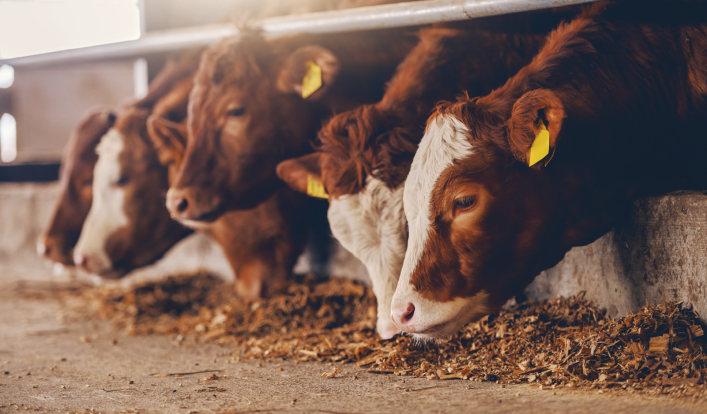
farming in particular must shift towards sustainability to enhance their contribution to food security, nutrition and healthy diets and build better to overcome the COVID-19 pandemic and other challenges, FAO director-general QU Dongyu said at the recent virtual 27th session of the Committee on Agriculture in Rome, Italy.
‘’A sustainable livestock sector will foster an inclusive economic growth, improve livelihoods, sustain animal health and welfare, and address environmental issues,’’ he said.
There is a need for a holistic and inclusive approach to livestock sector policies and technical actions that include all stakeholders within the food system. h
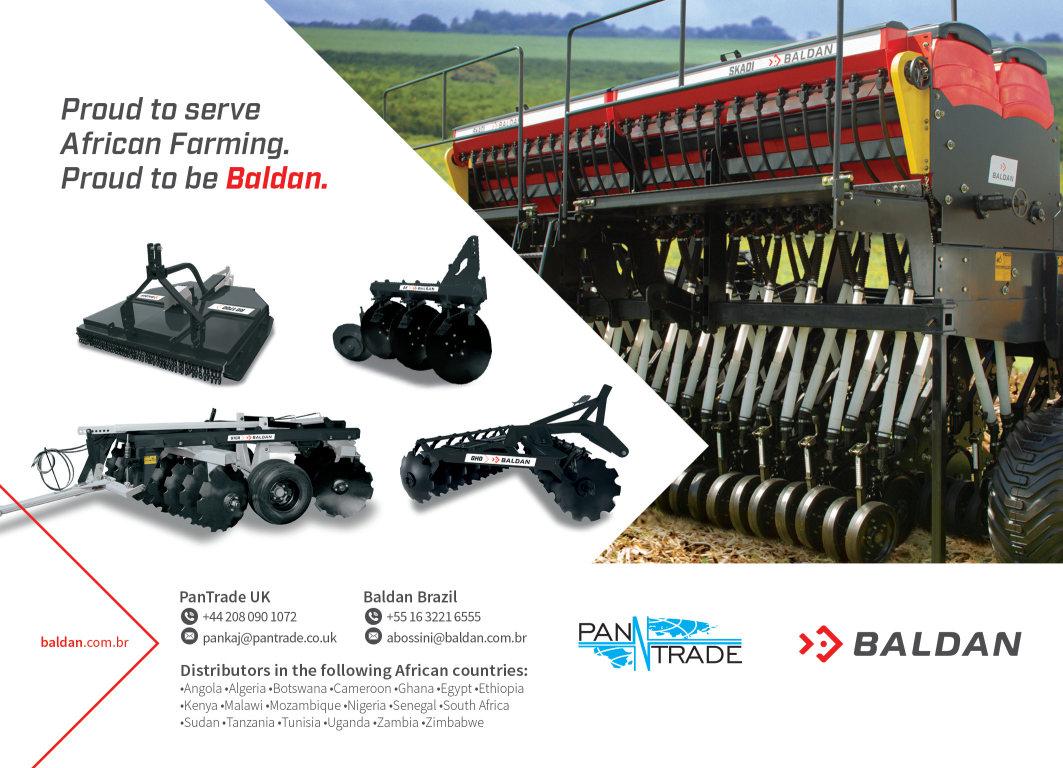
Large-scale kelp farm to be developed in Namibia
Kelp Blue will create employment opportunities in coastal communities and contribute to economic growth in outlying areas.
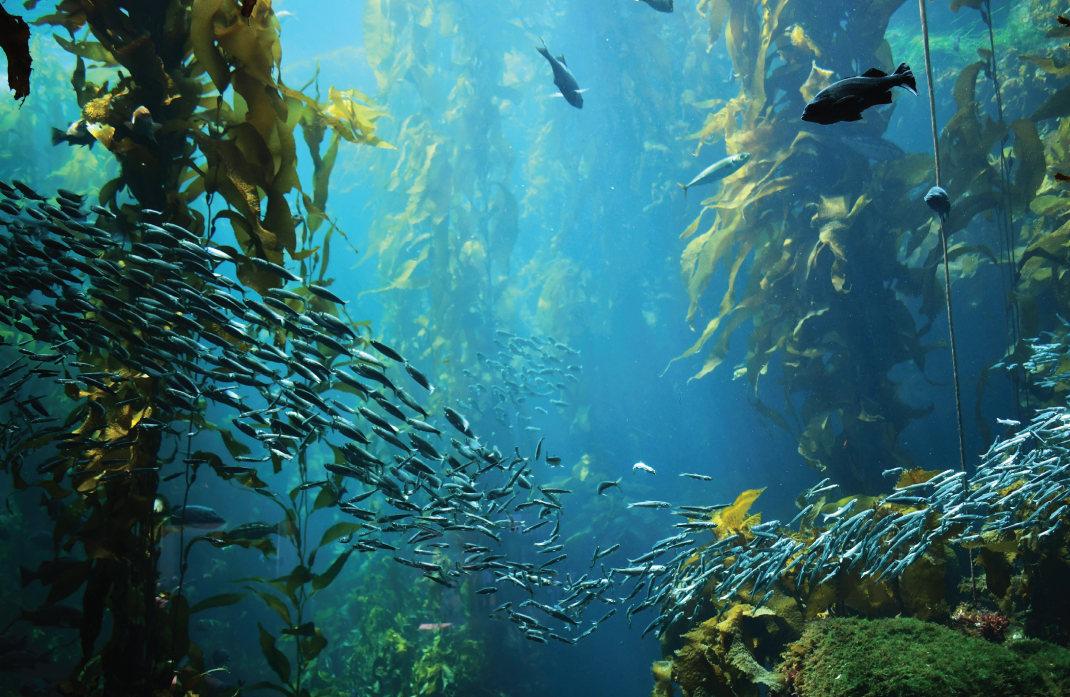
CLIMATE FUND MANAGERS (CFM) and Eos Capital have announced a partnership between Climate Investor Two (managed by Climate Fund Managers), Kelp Blue and the Namibia Infrastructure Development and Investment Fund (NIDIF), managed by Eos Capital, for the commercial development of the world’s first large-scale kelp farm.
Kelp Blue will cultivate giant kelp in nutrient-rich waters 3-10km off the coast of Namibia, near Lüderitz. The seaweed canopy will be sustainably harvested to produce alternative agri-food, biostimulant and textile products.
Kelp is a fast-growing seaweed and has the ability to sequester more CO2 than terrestrial forests while boosting marine biodiversity and improving fish stocks and generating additional ecological benefits,
including counteracting ocean acidification and de-oxygenation.
Investment of approximately US$60mn will be required over a five-year period. This will be funded by both international and local Namibian sources through CI2 and NIDIF, pending investment approvals. Kelp Blue will seek the necessary Namibian regulatory approvals and will liaise closely with local authorities.
Kelp Blue’s business model will add value across the entire kelp value-chain. The introduction of offshore engineering innovations and novel processing technologies will reduce overheads and increase scalable process efficiencies. Economic development will be promoted through the creation of value-added products in Namibia for local consumption and export.
Kelp Blue will also create employment opportunities in coastal communities and contribute to economic growth in outlying areas. Kelp Blue is directly aligned with the goals of the CI2 facility as it offers a viable alternative to existing water and waste management practices and current approaches to ocean system management. It is also aligned to Eos Capital and NIDIF’s shared mission of contributing to the growth of the Namibian economy. The
Namibia on an environmentally responsible basis.”
business will contribute to the attainment of the United Nations’ Sustainable Development Goal Number 14: Life below water through the creation of marine ecosystems. “In addition to the positive impact on our ocean and our local fish stocks, this is an exciting opportunity to add to the infrastructure and growth of Lüderitz, thereby enhancing prospects for the local community, and to secure inward investment into Namibia on an environmentally responsible basis, ” said Nicole Maske, the managing partner of Eos Capital.
